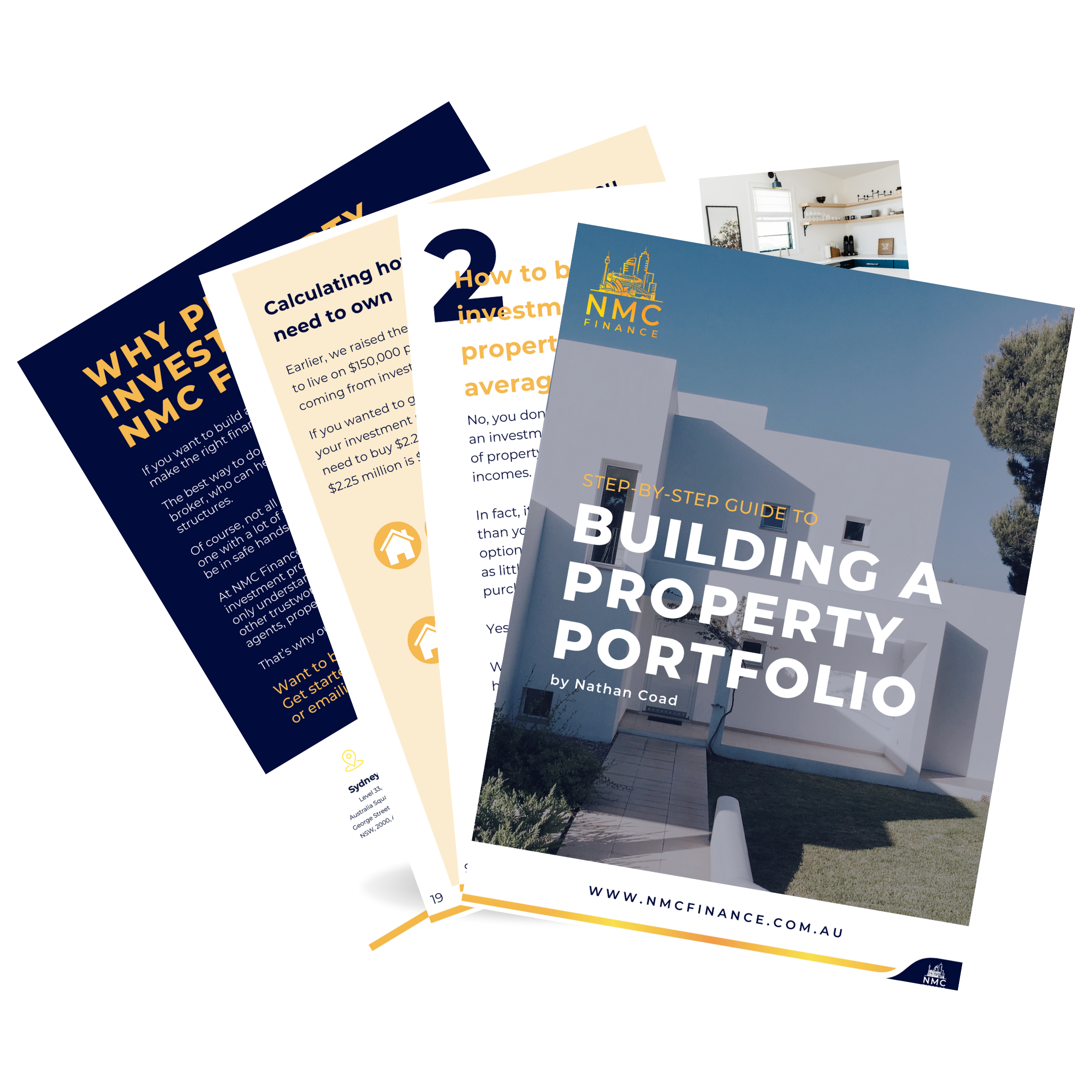Every year, the Australian Taxation Office announces its key focus areas for tax time.
And almost every time, investment property income and deductions make the list as problem areas in which taxpayers commonly make mistakes.
ATO assistant commissioner Tim Loh said that all property investors should make sure they include all the income they’ve received from their investment property in their tax return, including short-term rental arrangements, insurance payouts and rental bond money retained.
“We know a lot of investment property owners use a registered tax agent to help with their tax affairs. I encourage you to keep good records, as all rental income and deductions need to be entered manually, you can ask your registered tax agent for assistance,” he said.
“If we do notice a discrepancy, it may delay the processing of your refund as we may contact you or your registered tax agent to correct your return. We can also ask for supporting documentation for any claim that you make after your notice of assessment issues.”
As a property investor, you don’t want to get in hot water with the ATO. That said, it’s also important that you maximise your available tax breaks – as that can be all the difference between making a tidy profit or running at a loss.
With that in mind, which rental expenses are tax-deductible?
The three rules of investment property tax deduction
Before we get to that, it’s important to note the three golden rules of investment property expenses.
Firstly, you must rent out or make a ‘genuine’ effort to rent out your investment property or holiday home to be able to claim a deduction for any expenses you incur.
So if no attempt is made to advertise the property, or the rent is set at an unrealistically high level, the ATO will likely take the view that it is not genuinely available and, accordingly, disallow any rental claims.
Secondly, you can only claim expenses associated with earning rental income. So if you use the property for private purposes, you can’t claim expenses relating to this personal use.
So if, for example, you pay insurance on your investment property, it is an expense you pay to earn income from the property. But this expense may need to be apportioned if you, or your family or friends, stay in the property free of charge for some of the year.
Finally, as noted above, you can’t make a claim on your tax return without proof – with the ATO stating these records need to be kept for five years.
Immediately deductible investment property expenses
The ATO groups rental expenses into three categories:
- Rental expenses you can claim now
- Rental expenses you can claim over several years
- Rental expenses you can’t claim
So what’s in the first category?
Typically these are expenses incurred in the day-to-day management and maintenance of your investment property, such as:
- Advertising for tenants
- Body corporate fees and charges
- Council rates
- Utilities
- Land tax
- Cleaning
- Gardening
- Pest control
- Home insurance and landlord insurance
- Interest expenses on your investment house loan
- Prepaid expenses
- Property agent fees
- Repairs and maintenance
- Legal expenses
Rental expenses you can claim over several years
You can claim a deduction over several years for expenses you incur that are related to your:
- Borrowing – you can claim any expenses incurred in taking out your investment mortgage such as:
- Home loan establishment fees
- Lender’s mortgage insurance
- Title search fees
- Mortgage documentation costs
- Assets’ decline in value (known as depreciation)
- Capital works deductions for the costs of structural improvements done on your investment property
Please note that this is general advice only. Speak to a tax professional to see what sort of tax deductions would apply to your personal situation.
Want to buy an investment property? NMC Finance is an experienced investment home loan broker and can help. Contact Nathan Coad on 0498 766 639 or nathan.coad@nmcfinance.com.au to discuss your scenario.
* This blog is intended for general informational purposes only. For personalised advice tailored to your unique financial situation, please contact NMC Finance.

